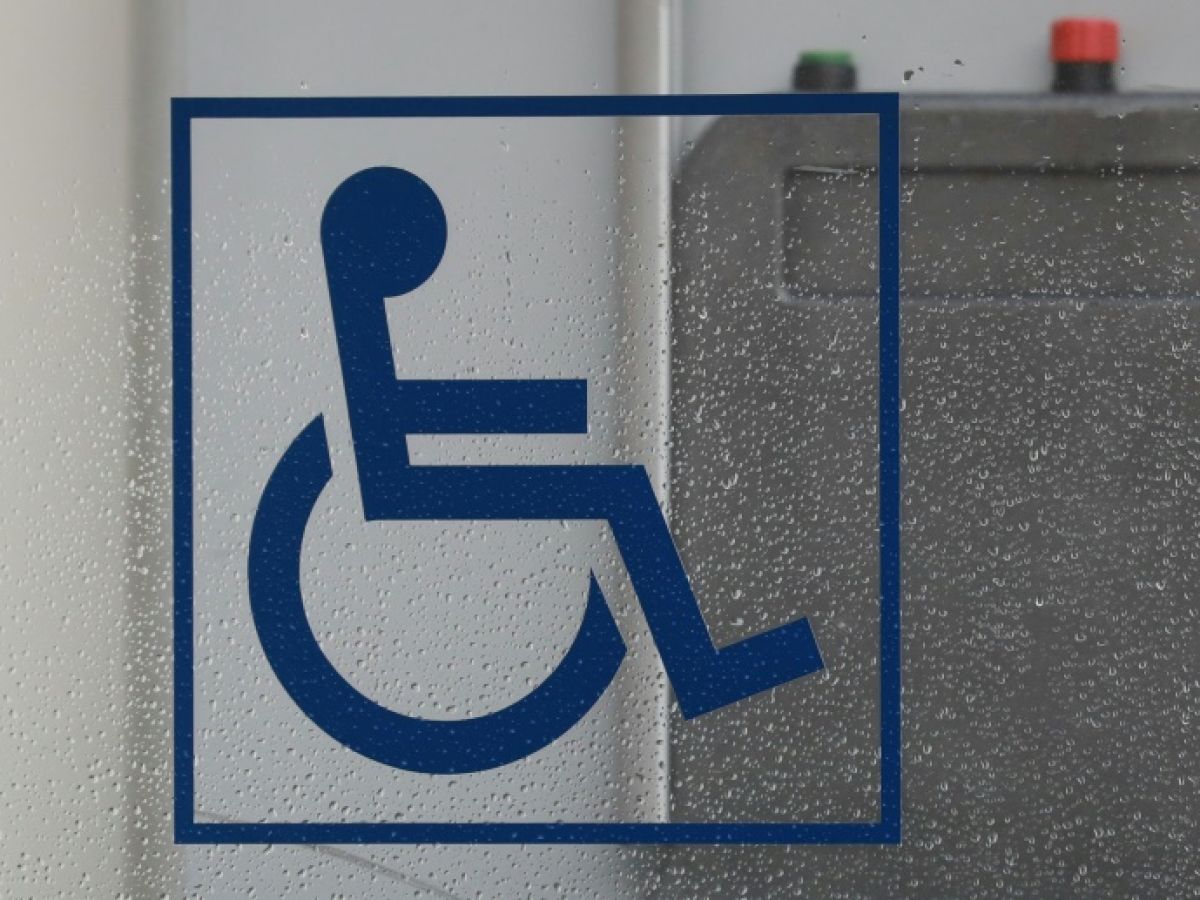More than 2 million young people aged 5 to 20 living at home suffer from at least one disability in metropolitan France, according to a study by the Ministry of Health's statistics department (Drees) covering 2022, published Thursday.
In this study, a person is considered disabled when they are severely limited, whether sensory, physical or cognitive, when they are severely restricted in essential daily activities, or when they have had significant restrictions in activities that others usually do for at least six months.
"Depending on whether we use only one definition or several of the three, in 2022, between 250,000 and 2.3 million young people aged 5 to 20 living at home in metropolitan France will be disabled, or between 1.9% and 18% of this age group," states the Drees in its study.
In detail, 16% of the young people report at least one significant functional limitation (mostly related to memory, concentration and relationships), 3% mention a significant restriction in essential daily activities and 2% a restriction, for at least six months, in the activities that people usually do.
The accumulation of these three criteria, indicating a severe form of disability, remains rare (0.7%), underlines the Drees.
At the same time, more than a quarter of young people (27%) report having at least one significant impairment of organic functions, i.e. affecting motor skills (paralysis, amputation, muscle weakness, etc.), visual or auditory perception, the ability to speak, metabolic functions (renal, respiratory, cardiac insufficiency, etc.), or affecting the functioning of the brain or psyche.
These alterations, sometimes called deficiencies, refer to difficulties likely to impact daily life, autonomy or social participation without necessarily leading to a situation of disability, the study specifies.
As for the schooling rate, including home schooling, correspondence schooling or specialized establishments, it "varies significantly" depending on the situation with regard to the disability.
Young people without any limitation or restriction have a school enrollment rate of 91.3% compared to 85.5% for those reporting at least one significant functional limitation and 77.2% for those reporting having a restriction in daily activities.

